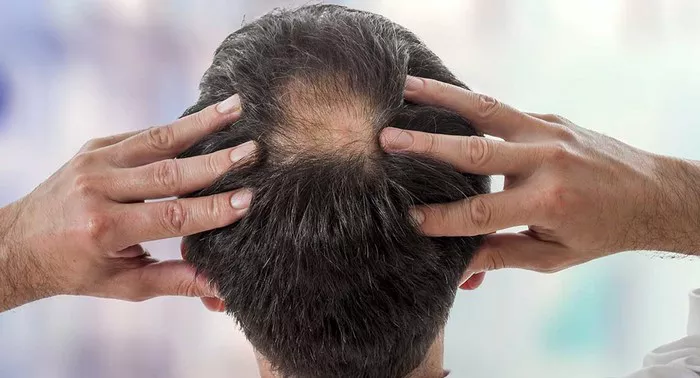Waking up to find hair on your pillow or scattered across your sheets can be a perplexing and often alarming experience. Many wonder why hair fall seems to be more noticeable in the morning. In this comprehensive guide, we will delve into the reasons behind this phenomenon, exploring the science behind hair loss and offering insights on how to mitigate morning hair fall.
1. The Hair Growth Cycle: A Crucial Key to Understanding Morning Hair Fall
To comprehend why hair fall occurs in the morning, we must first understand the natural hair growth cycle.
a. Anagen Phase: Hair actively grows during this phase, which can last from two to six years. A vast majority of your hair is in this phase at any given time.
b. Catagen Phase: This transitional phase is brief, lasting only a few weeks, during which hair follicles shrink and detach from the scalp.
c. Telogen Phase: Hair is in a resting state during this phase, which spans two to three months. Eventually, old hair sheds, and new hair begins to grow.
2. Sleep and Hair Growth: An Intricate Relationship
Sleep is essential for overall health, but its role in hair health is often overlooked. The connection between sleep and hair growth is critical to understanding morning hair fall.
a. Circadian Rhythm: Your body operates on a 24-hour internal clock, and hair growth is no exception. Studies suggest that hair growth is influenced by circadian rhythms, with the highest rate of hair cell division occurring during sleep.
b. Decreased Blood Flow: While sleeping, blood flow to the scalp decreases. Reduced blood flow means less oxygen and nutrients reach the hair follicles, potentially contributing to morning hair fall.
3. Pillow Friction and Morning Hair Fall
The nature of your pillowcase and your hair type can significantly affect hair health.
a. Cotton Pillowcases: Cotton pillowcases can create friction against hair, leading to hair fall. Consider switching to silk or satin pillowcases, which are gentler on hair.
b. Hair Type: Curly or textured hair types are more prone to morning hair fall due to their inherent fragility. Extra care is necessary to prevent hair from becoming matted or damaged during sleep.
4. Nighttime Hair Care: Preventing Morning Hair Fall
Maintaining proper nighttime hair care practices can help reduce morning hair fall.
a. Gentle Detangling: Before bed, gently detangle your hair with a wide-toothed comb or your fingers. This can prevent hair from becoming tangled and breaking during sleep.
b. Protective Hairstyles: Consider wearing protective hairstyles such as loose braids or twists to minimize friction and reduce morning hair fall.
c. Silk or Satin Accessories: Wearing silk or satin hair accessories, like scrunchies, can reduce friction and potential hair damage during sleep.
5. Nutritional and Lifestyle Factors
Diet and lifestyle choices play a significant role in hair health, including morning hair fall.
a. Nutrient-Rich Diet: A diet rich in vitamins and minerals, especially those that promote hair health, can mitigate hair fall. Consider foods high in biotin, zinc, and iron.
b. Stress Management: High-stress levels can exacerbate hair loss. Incorporating stress management techniques, such as meditation or yoga, can be beneficial.
c. Hydration: Adequate water intake is essential for overall health, including hair health. Proper hydration can help prevent hair from becoming brittle and prone to damage.
See Also: What Cream is Good for Alopecia: A Comprehensive Guide
In conclusion
Morning hair fall is a common concern and can be attributed to the natural hair growth cycle, circadian rhythms, and nighttime practices. While some hair fall is normal, reducing the amount of hair you lose in the morning can be achieved by adopting good sleep habits, using appropriate pillowcases, practicing gentle hair care, and making mindful dietary and lifestyle choices. By taking these measures, you can wake up to healthier, more vibrant hair and put an end to the mystery of morning hair fall.


